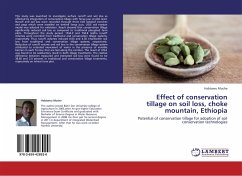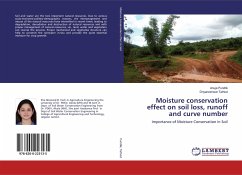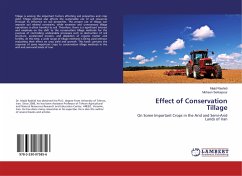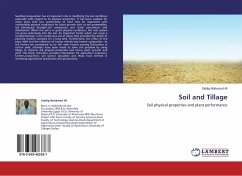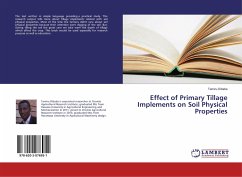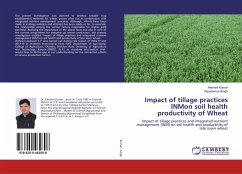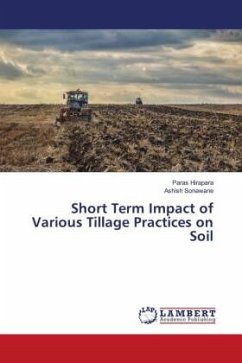This study was launched to investigate surface runoff and soil loss as affected by integration of conservation tillage with fanya juus at plot level. Runoff and soil loss were recorded through three tied isolated trenches and pegs which were installed on behind fanya juus. USLE soil erosion model was selected for validation. Result showed that conservation tillage significantly reduced soil loss as compared to traditional ploughed farm plots. Throughout the study period, 1534.0 and 794.8 m3/ha runoff volumes were recorded from traditional and conservation tillage systems, respectively. Thus runoff volumes induced 8.03 and 4.50 t/ha/month soil loss from traditional and conservation tillage systems, respectively. Reduction of runoff volume and soil loss in the conservation tillage system attributed to retarded movement of water in the presence of invisible barriers in each furrow that are laid along the contour. The result of USLE was found to be satisfactory result in both tillagetreatments. The relative difference between measured and estimated soil loss were found to be 38.85 and 2.0 percent in traditional and conservation tillage treatments, respectively on wheat farm plot.
Bitte wählen Sie Ihr Anliegen aus.
Rechnungen
Retourenschein anfordern
Bestellstatus
Storno

